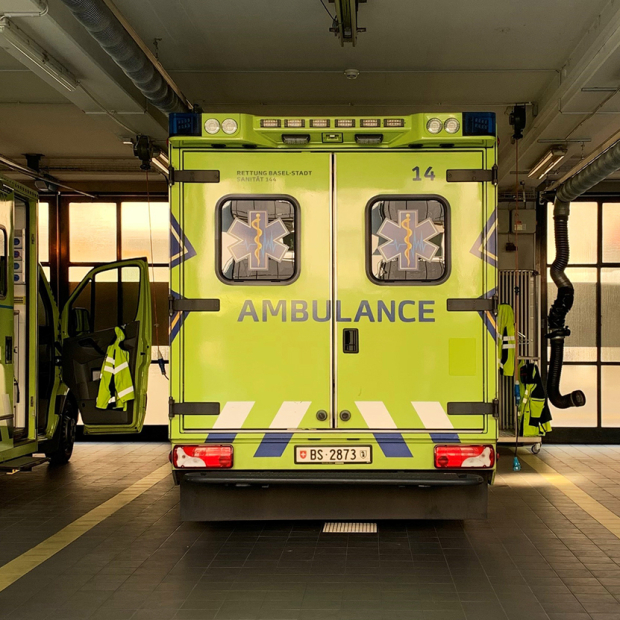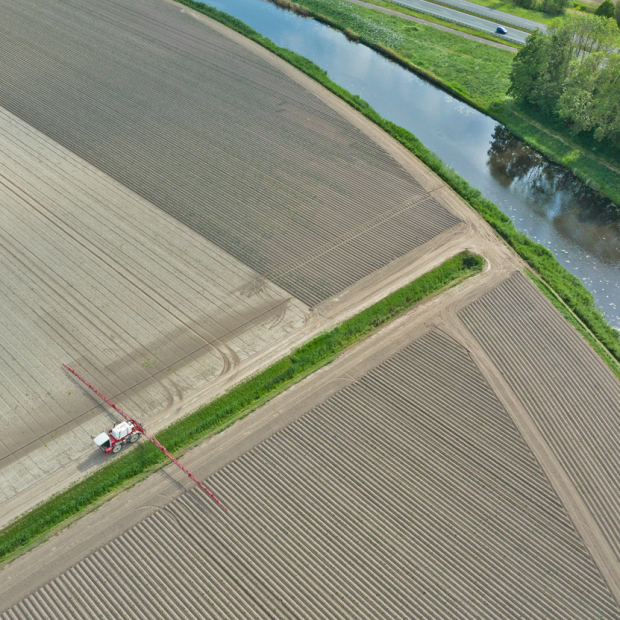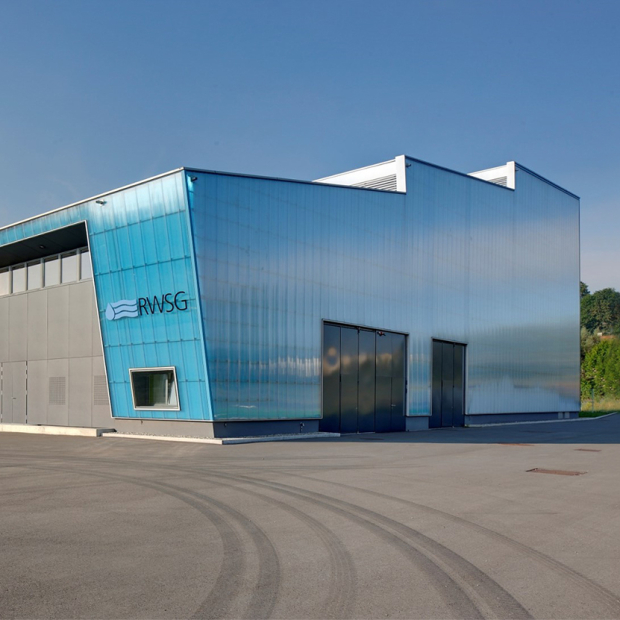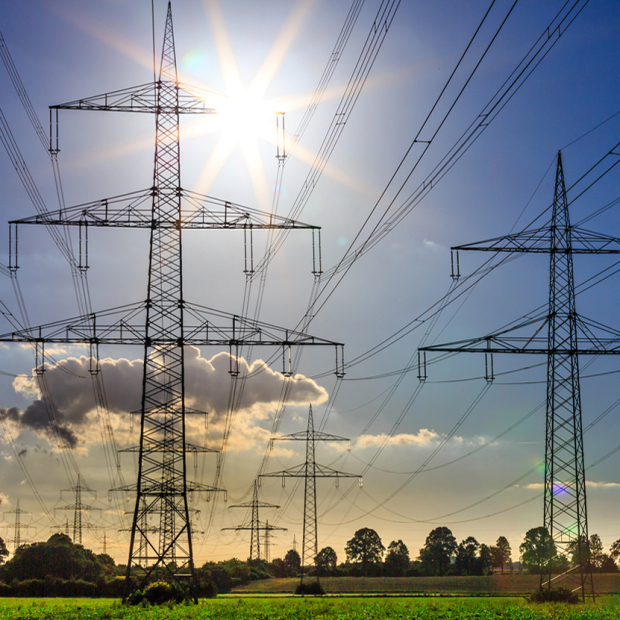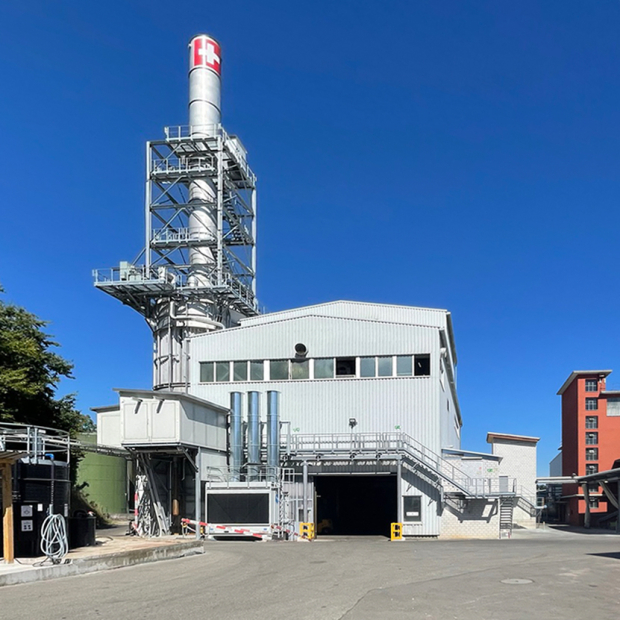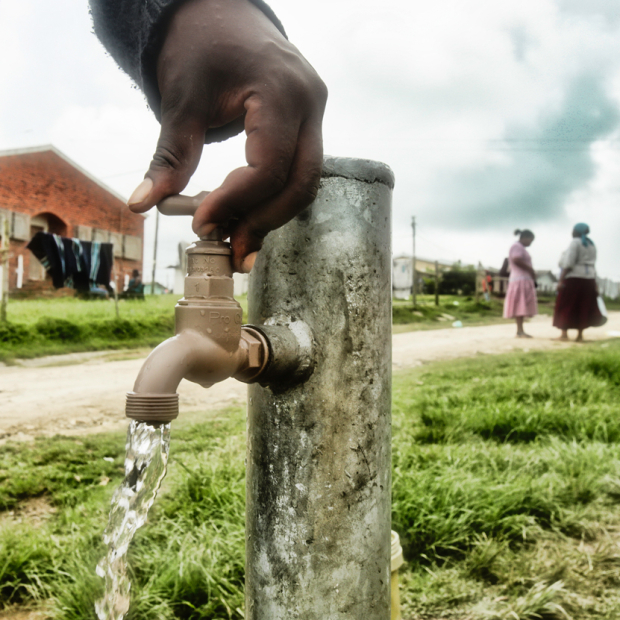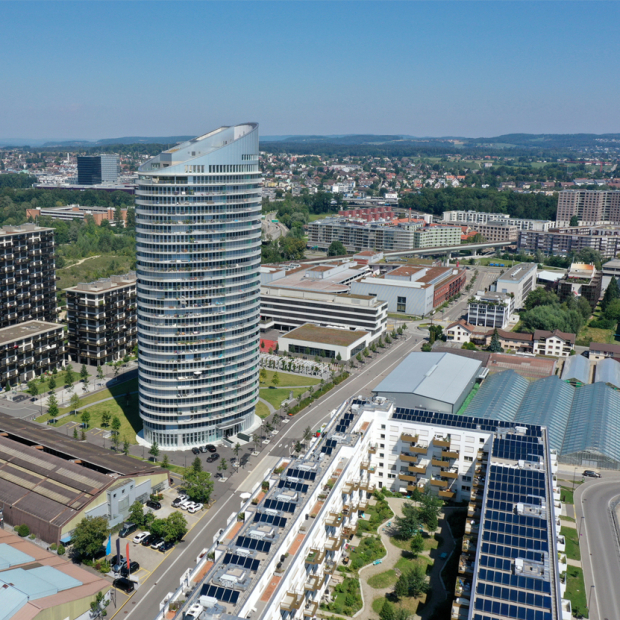
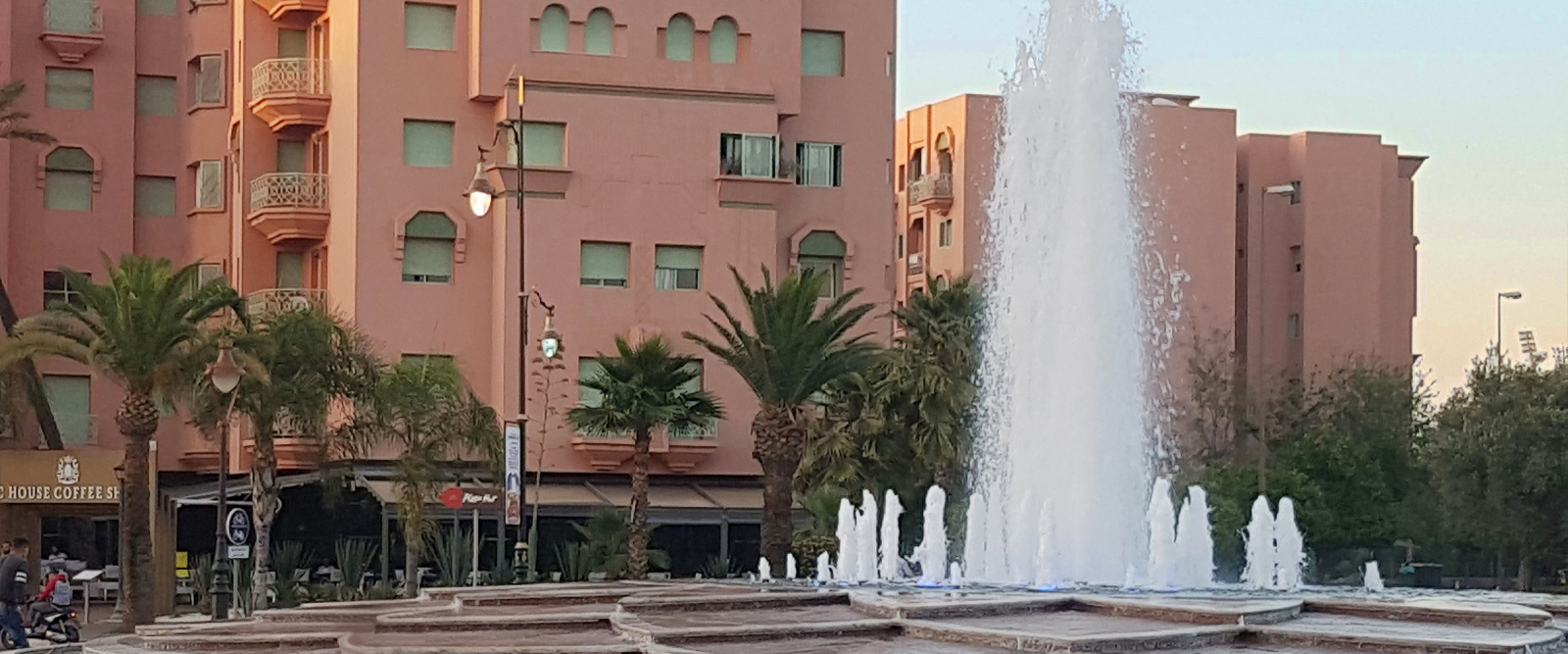
Integrated Urban Water Management in Morocco - A Review of Options to Address Water Scarcity
EBP assesses how Integrated Urban Water Management can help in the context of climate change to deal with increasing water scarcity in fast-growing cities and proposes concrete measures for Marrakech.
As part of the Water Scarce Cities Initiative launched by the World Bank and in collaboration with Moroccan authorities, EBP has assessed the extent to which integrated water resources management can help to deal with increasing water scarcity in fast-growing cities in arid and semi-arid areas like the Southern and Eastern Mediterranean Region (SEMED) and the Middle East.
Besides an overview on the institutional and regulatory framework of Morocco’s water sector, the study assessed the water scarcity of the 20 largest Moroccan cities and their readiness for implementing Integrated Urban Water Management (IUWM) approaches.
As part of a case study for Marrakech, concrete IUWM-measures to reduce water stress and increase the city’s resilience in the context of climate change were described and evaluated by means of a financial and economic analysis. The proposed conventional and non-conventional measures include surface water infiltration and groundwater recharge, construction of dams and reservoirs, desalination, reuse of treated wastewater, grey-water reuse, inter-basin water transfer schemes, etc. In addition, accompanying institutional measures were described such as payments for watershed services and water consumer awareness raising.
For further information see «How treated wastewater helps golf courses in Marrakech” (insert link to the corresponding document in the folder Insights of EBP’s website).

